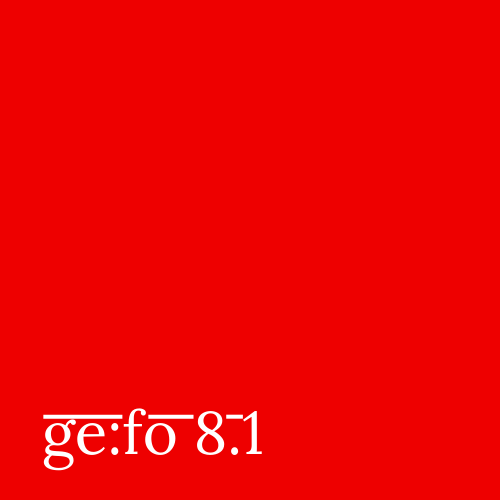Authority or Alternative? Rethinking Gender and the Use of Medical Knowledge in Song China, 960-1279
DOI:
https://doi.org/10.18716/ojs/gefo/2009.3082Keywords:
pre-modern China, Song medicine, gender historyAbstract
This paper seeks a new approach to studying gender in pre-modern China through a contextual study of Song medicine, in order to highlight the unstable aspects of gender history: the alternatives, the resistance, and the maneuvers, in contrast to the fixed institutional/ideological frameworks. I use medical publications, anecdotal stories, and doctors' notes to examine the nature of Song medical books, the use of medical knowledge, and the actual encounters between doctors and patients. I look for traces of doctors' frustration, patients' resistance, and how women participated in the use and the discussion of medical knowledge. As I observe from the materials, first of all, there is not a coherent or systematic gender differentiation/discourse in Song medical books. Song medical books are
open and multi-vocal resources that provided patients with more choices. Second, the state-sponsored compilation and publication of medical books, instead of strengthening the authority of the medical profession, actually increased the accessibility of medical knowledge and exposed it to public discussion, in which women also participated. Finally, patients in the Song, including women, instead of listening to the doctor's words passively, appealed to various sources, did research by themselves, made choices among all the alternatives, and constantly challenged the doctor's authority.



